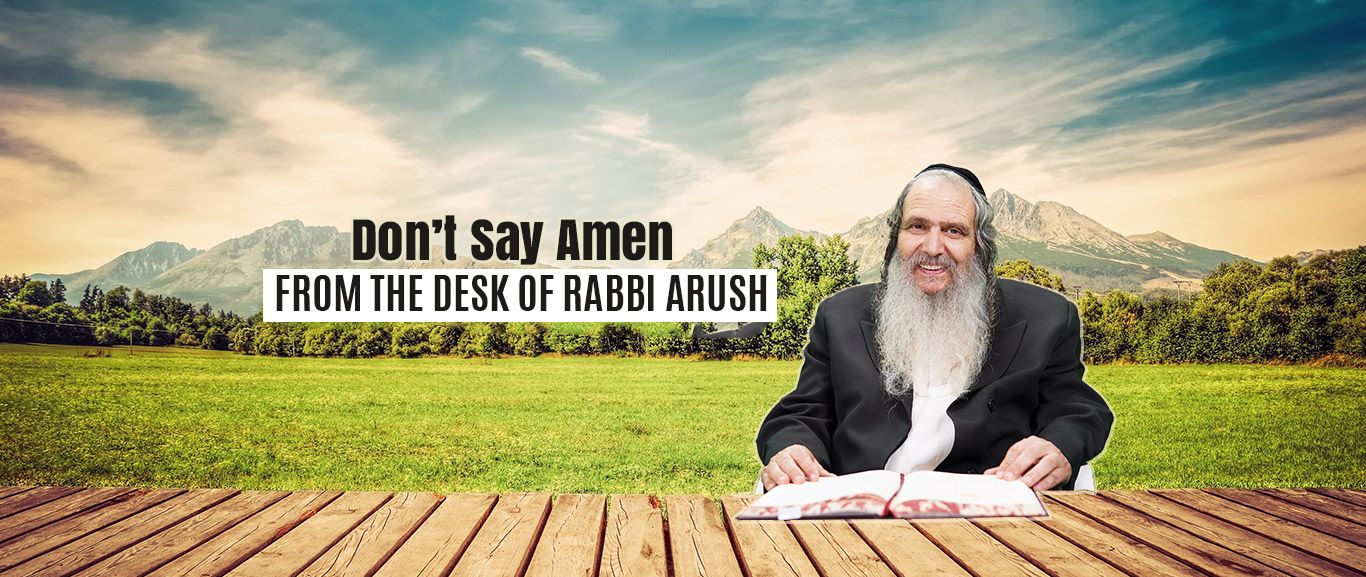
Don’t Say Amen
Jews throughout the world are known for their inventions, discoveries, and Nobel prizes. Rabbi Arush tells us what makes the Jewish nation truly outstanding...

Translated from Rabbi Arush’s feature article in the weekly Chut shel Chessed newsletter. The articles focus on his main message: “Loving others as yourself” and emuna.
This is Not a Prayer
When I said the words, “Don’t answer Amen,” to a Jew who had said “Amen” enthusiastically, he was quite startled. “Why not? You just blessed me; why shouldn’t I say ‘Amen’?”
Indeed, when you bless a Jew that “Hashem should send you a good shidduch”, or that “You should have a son” – the automatic response is “Amen”, in other words, you are blessing him with “May it be so”, and then he should respond with “Amen”. In this case, I said to that person, “May Hashem do only good for you” – and he responded, “Amen.” I understood that he means to say, “May it indeed be so.” And that is why I said to him: “Do not say this. It is inappropriate.”
Why? Because “May Hashem do only good for you” is not a blessing, nor is it a prayer; it is reality! If I say to you, “Look, this is a table; here’s a chair” – do you say, “Amen, may it be so”? Of course not. It is not appropriate. You can say, “True, it’s right.” Because it is not a prayer; rather, it is a simple truth.
And that is what I said to that person: “Do not say ‘Amen’.” When I say ‘Hashem will do me only good and more good” – it is not a prayer, nor a wish, nor a request; rather, it is reality. Because just like you love your children and want them to have only good, so too Hashem’s love for us is an existing reality. The fact that we are always and in any situation Hashem’s children, and Hashem always loves us, in any situation – that is an ironclad, deep, real, and unchanging reality. It is the most basic reality in this world!
Everlasting Love
This entire world can change, the laws of nature can change, the sea can split, the mountains can become flat, fire can coexist with water and ice and more – but Hashem’s love for the Jewish People will never change, under any condition, when we are in top form as well as when we are in the pits!
After Hashem vowed that He would not bring another flood, the consoling haftara of this Shabbat tells us: “For mountains may move, hills may crumble away; but My love for you will not be moved, nor My pact of peace crumble. So speaks Hashem, who cares for you.”1 In other words, Hashem’s love for the Jewish People is stronger even than His vow not to bring yet another flood on the world.
As the Malbim explains: “Not only is it difficult for Me to destroy you, just as it is difficult for Me to destroy the whole world, because even if one can imagine that the mountains will move and that I will wipe out the entire world, and that I will annul the vow regarding the flood, in any case, My love for you will not be moved… For this pact of peace does not depend on Yisrael’s merits, only on the loving kindness of Hashem… because loving kindness is a constant thing, since it is not dependent on the people’s deeds and their righteousness, it does not change even when their deeds change. And it must be, then, that My pact of peace that depends on these kindnesses will not crumble.” 2
The Novelty of the Jewish People
This is the secret of Jewish faith, of the pnimiyut (inner essence) of faith and of all service of Hashem. Because the Jewish People do not believe only in Hashem’s existence, in His greatness, and that Hashem yitbarach is omnipotent and a great, awesome G-d. That is simple and clear, but we have another, special level: We believe that Hashem loves us! That is our belief! “For what other great nation has G-d so close to it as Hashem our G-d is to us whenever we call out to Him?”
Loving Hashem is the highest level of serving Him, as we will see, but it is impossible to reach love of Hashem if you don’t believe that Hashem loves us! In a system that has a great, awesome, and fearsome G-d – the created can serve the Creator with all his might and do His will to be saved from punishment and to obtain the reward and the good, but there is no way to love the Creator. This is serving Hashem out of fear and awe. But if one believes wholeheartedly that the immense Creator also loves us like a father loves his child – only then can one love Hashem yitbarach with all our heart and soul.
The Rambam writes about love of Hashem, and his words are so sweet and basic, that we are bringing them here in full, for your pleasure:
“A person should not say, “I will do the Torah’s commandments and engage in its wisdom so that I will receive all of the blessings written in it,” or “…so that I will earn the Life of the World to Come;” or “I will avoid sins that the Torah warned against in order to avoid the curses that are written in the Torah,” or “…so I will not be cut off from the Life of the World to Come” – it is not appropriate to serve G-d in this way. For a person who serves G-d in this way serves through fear, which is not the attribute of the Prophets or the Sages. Only ignorant people, women, and children serve G-d in this way, for we teach them to serve G-d this way until their understanding deepens and they can serve through love.” 3
And conversely, the Rambam writes in the following article:
“The one who serves [G-d] out of love is involved in Torah study and in the commandments and goes in the paths of wisdom, not for the sake of something in the world and on account of fear from [resulting] evil, and not in order to acquire the good but rather, he does the truth on account of its being the truth – and in the end, the good will come because of it. And this virtue is a very great virtue and not every sage merits it. And it is the virtue of our father, Avraham, whom the Holy One, blessed be He, called ‘he who loved Him,’ since he only served [G-d] out of love. And it is the virtue that the Holy One, blessed be He, commanded us through Moshe, as it says, “And you shall love Hashem, your G-d” (Devarim 6:5). And when a man loves Hashem with an appropriate love, automatically he does all the commandments out of love.” 4
The Great Revelation of Love
Our parasha reminds us of this again: “But Hashem, your G-d, turned the curse into a blessing for you, because Hashem, your G-d, loves you.” 5
Why were the words “because Hashem… loves you” not written in connection with the Splitting of the Sea, nor in connection with the Plagues – nor regarding any favor or miracle that Hashem did for us? Because in the case of all miracles, everyone sees that Hashem is omnipotent, ruling over nature and overturning it, and that He is great, powerful, and awesome, but we do not see His special love for the Jewish People. It is particularly in the story of Balaam that Hashem’s love for the Jews is revealed in all its potency!
Balaam’s war with the Jewish People was a tremendous spiritual war. He wanted to show that the Jews are a nation like any other nation, and that Hashem does not love them, nor does He want them. Balaam wanted to search for all the Jews’ faults and defects, and he wanted to use the spiritual laws that are embedded in nature to destroy the Jewish People, chalila.
The Torah and the prophets remind us repeatedly of the tremendous act of kindness that Hashem did for us, in that He did not allow Balaam to carry out his plan. What is so important about that?
In the very fact that Hashem lets us know that He is not willing to allow Balaam to even speak badly about the Jews, and so Hashem yitbarach made him say blessings, to show all the nations that the prophet of all non-Jews and the greatest Jew-hater of all only blesses and praises and sees only good in the Jewish people, and tells all the nations how much Hashem loves the Jewish people, because “not man is G-d, to lie; not mortal, to change His mind.” 6
The Proper Preparation
These blessings are so great and significant that the sages wanted them to be said together with kri’at Shema! What is the connection to kri’at Shema? Exactly what we have said:
The heart of kri’at Shema is the mitzvah of “You shall love Hashem, your G-d, with all your heart, with all your soul, and with all your might.” And because we must, in order to truly love Hashem, remember well how much Hashem loves us, which is precisely what is revealed in the story of Balak and Balaam – “Because Hashem, your G-d loves you” – that is why the Sages wanted these blessings to be said together with the Shema.
For various reasons, the Sages did not include the blessings in the prayers, but instead they decreed that before the saying of the Shema we should say “An everlasting love you loved the House of Yisrael, your people… Blessed are you, Hashem, who loves His people Yisrael.” And with this idea in mind, we should accept upon ourselves the yoke of Heavenly Kingship and the love for Hashem.
1 Isaiah 54:10
2 Malbim to Isaiah 54:10
3 Sefer HaMada (Book of Knowledge), Halachot Teshuva, Chapter 10, Halachah Aleph
4 Sefer HaMada (Book of Knowledge), Halachot Teshuva, Chapter 10, Halachah Beit
5 Devarim (Deuteronomy) 23:6
6 Bamidbar (Numbers) 23:19


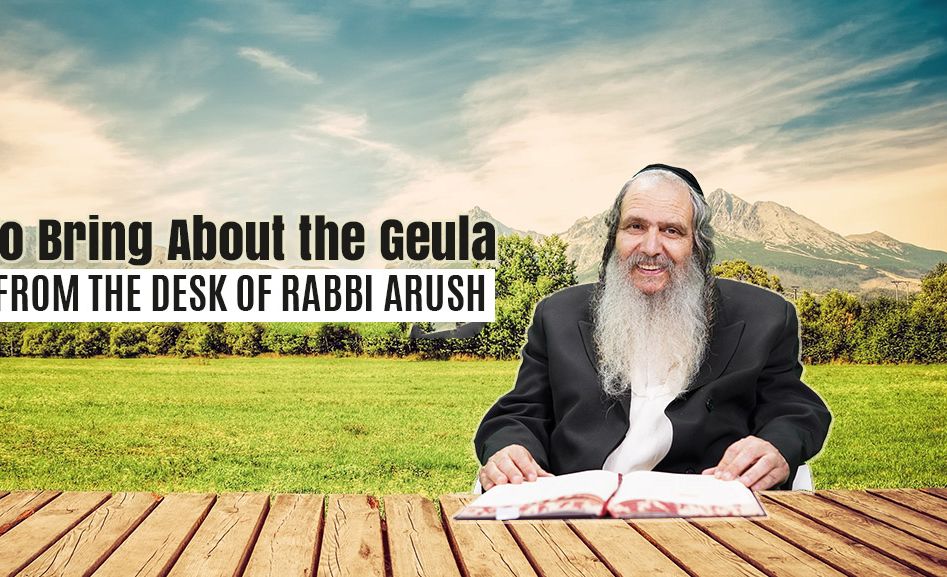
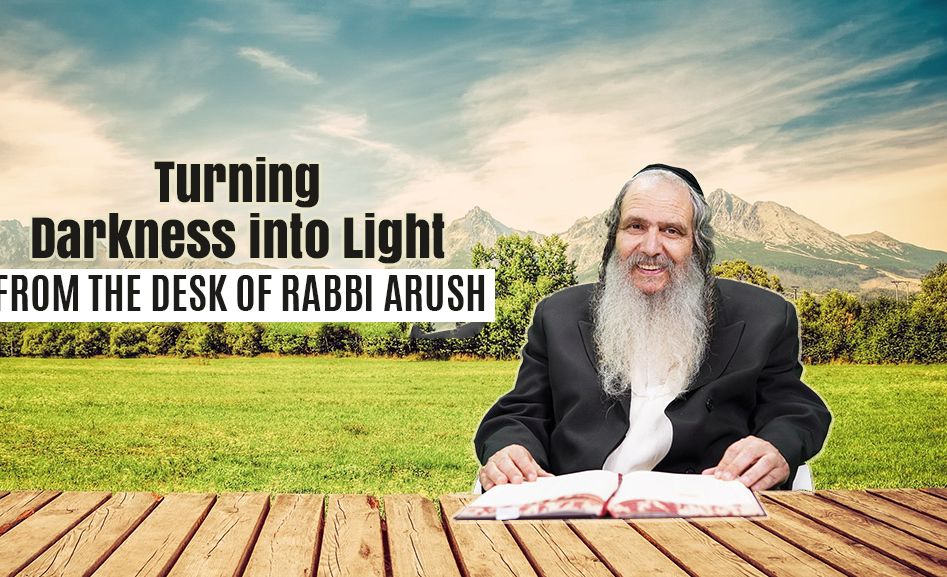
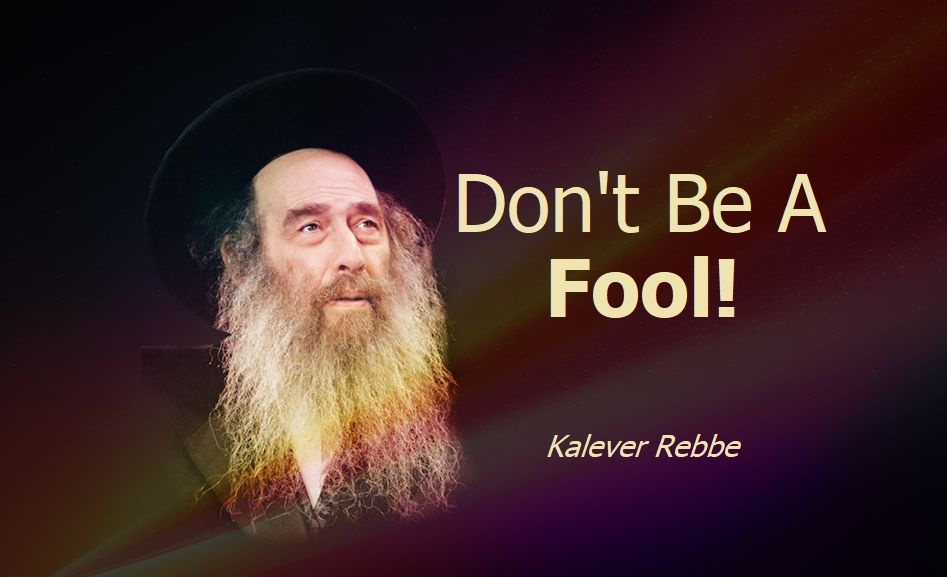
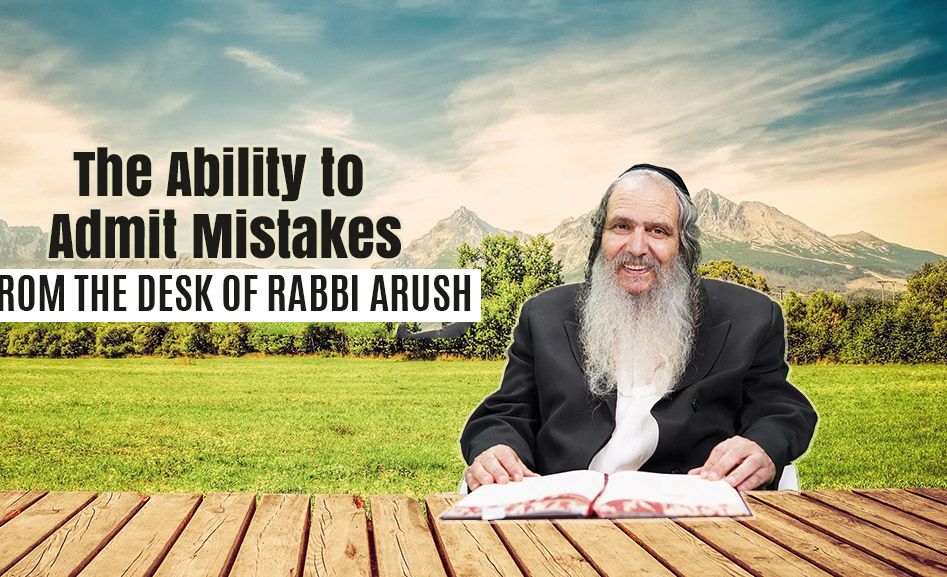





Tell us what you think!
Thank you for your comment!
It will be published after approval by the Editor.